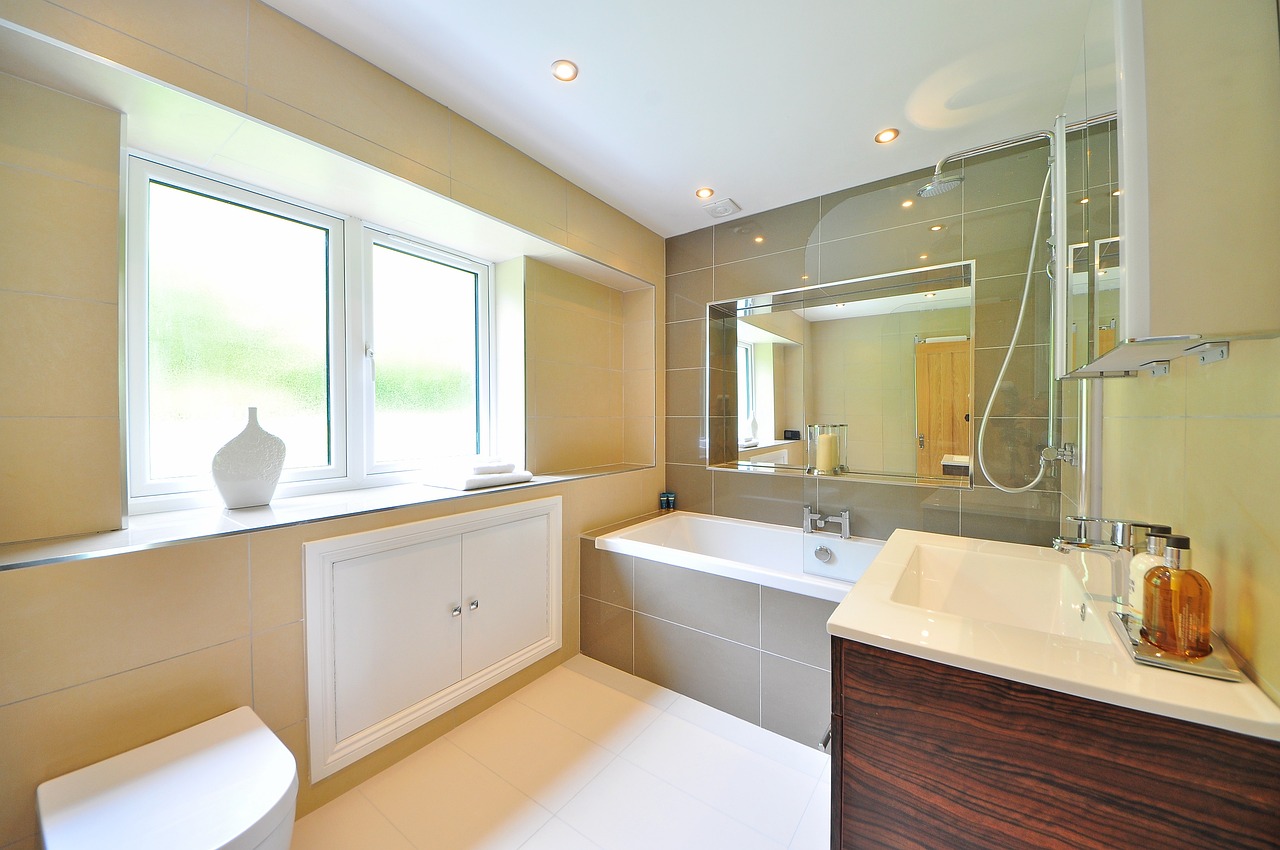Effects of Hard Water on Electric Boilers: What You Need to Know
Table of Contents
Hard water is a common problem in many homes and can cause serious problems with plumbing and appliances. The most affected appliances are electric heating boilers, which often scale and become less efficient due to the minerals present in hard water.
Understanding the effects of hard water on electric boilers is essential to maintaining their performance and extending their lifespan. In this article, we’ll explore how hard water affects electric boilers and take a closer look at how modern technology, such as JNOD’s patented design, can help alleviate these issues.
How Hard Water Affects Electric Boilers
Hard water can have a significant impact on electric boilers, causing a range of issues that affect performance and efficiency. One of the main challenges with hard water is its high mineral content, especially calcium and magnesium. While these minerals are beneficial to human health, they can wreak havoc on household appliances, especially electric boilers.
The Formation of Scale in Electric Boilers
One of the main problems caused by hard water is scale buildup. When the water is heated, the minerals in the hard water crystallize and form deposits or scale on the heating elements. Over time, this scale can build up and create a barrier between the water and the heating element, greatly reducing the efficiency of the system.
Effects of hard water
Increased Energy Costs Due to Hard Water
As scale builds up, the efficiency of your electric boiler decreases because the heating element has to work harder to heat the water. This insulating effect leads to increased energy consumption, which can result in higher utility bills. Homeowners with hard water often notice a gradual increase in their energy costs as a direct result of scale buildup inside their electric boiler.
Sediment and Clogging: Hidden Costs of Hard Water
Another consequence of hard water is the creation of sediment that ends up in your water pipes. These blockages are difficult to detect and remove, leading to costly repairs. Sediment can clog pipes and reduce water flow, making it more difficult for your system to run efficiently.
The Impact of Scale on Heating Efficiency
Once scale forms inside your boiler, it creates an insulating layer that prevents the heating elements from transferring heat to the water efficiently. This results in longer heating times and increased wear and tear on boiler components. In severe cases, scale buildup can even cause heating elements to fail prematurely, leading to expensive replacements.
Preventing Hard Water Damage with JNOD Electric Heating Boilers
To cope with the effects of hard water, JNOD electric heating boilers use a patented design of water-electricity separation. This unique system includes stainless steel heating tubes and water channels to prevent scale formation and extend the life of the equipment.
The innovative design of JNOD electric boilers ensures that homeowners no longer have to worry about the damaging effects of hard water. By preventing scale buildup and deposit formation, these electric boiler systems increase efficiency, reduce energy costs, and reduce maintenance needs. With its patented heating element, JNOD offers a reliable, long-lasting solution for handling hard water in electric boilers. Feel free to contact us. Experience the difference today and keep your home cozy and efficient!

